Submission to the UN Universal Periodic Review
41st Session of the UPR Working Group
Submitted on 31.03.2022
Joint Stakeholders’ Report on the State of Tamil Nadu, India
Submitted by the Forum for UPR in Tamil Nadu
This UPR Submission is supported by People’s Watch, Human Rights Defender’s Alert – India (HRDA) and 1993 endorsees across the State of Tamil Nadu, India.
For this UPR Submission, 1993 endorsements across Tamil Nadu have been received out of which 1317 endorsees wish to remain anonymous. Anonymous endorsees have given their consent to endorse but due to the reprisals they have seen being targeted against organizations and human rights defenders by the Government of India, they have chosen to remain anonymous.
Content
|
S.No. |
Title |
Page No. |
|
|
Introduction |
03 |
|
|
Violation of Rights of Religious Minorities in Tamil Nadu |
04 |
|
|
The Refugee Crisis in Tamil Nadu |
06 |
|
|
Status of Coastal Communities in Tamil Nadu |
07 |
|
|
Women in Tamil Nadu |
09 |
|
|
Dalits, Adivasis and De-notified Tribes |
10 |
|
|
Farmer’s Issues in Tamil Nadu |
13 |
|
|
Status of Human Rights Defenders (HRDs) in Tamil Nadu |
14 |
|
|
Children in Tamil Nadu |
16 |
|
|
Rights of the Disabled in Tamil Nadu |
17 |
|
|
Tamil Nadu Migrant Workers |
19 |
|
|
Unorganized Sectors |
20 |
|
|
Freedom of Association and Assembly |
21 |
|
|
Arbitrary detention of prisoners for more than 25 years in Tamil Nadu |
22 |
|
|
State Human Rights Institutions (SHRIs) in Tamil Nadu |
23 |
|
|
Custodial Violence in Tamil Nadu |
25 |
|
|
Annexure |
|
- Introduction
- Working Group on Human Rights in India and the UN (WGHR) has been responsible for organizing consultations for the UPR II and III in India. The Republic of India will be going for the UPR fourth cycle in November 2022 and the deadline for the stakeholders’ report submission is March 31, 2022. Though the initial proposal by WGHR was to conduct a regional consultation clubbing the south and west zone, after many informal meetings and discussions throughout December, the members of WGHR from the south zone who have been working on the UPR for years, decided to conduct consultations language-wise in the south.
- However, after the online preparatory meeting in January 2022 with 67 human rights defenders from the six states of the south zone- Kerala, Tamil Nadu, Puducherry, Karnataka, Telangana and Andhra Pradesh - the decision was unanimously taken to conduct state-wise consultations in the south, instead of language-wise consultations. It was also decided to conduct all the consultations in the vernacular languages. Thus, conveners were selected in each state who could lead the UPR IV consultations in their respective states.
- The six-state consultations came to end by the mid of February and all the southern states are submitting a separate state report to WGHR, for them to refer to and make use of the appropriate portions from each of the six state reports to incorporate them to the WGHR national report which will be submitted as a joint stakeholders’ report to the OHCHR before March 31, 2022.
- The Tamil Nadu state consultation took place from 1st - 8th February, 2022 and 19 themes[1] were covered during the consultation. There were more than 200 participants on almost all eight days of the Tamil Nadu state consultation. All the participants were grass root level activists from different sectors and their presence was not restricted to the sessions of their areas of work, but other sessions as well which helped the participants to get an understanding of various pressing human rights issues in the context of Tamil Nadu. This active participation from activists of various sectors throughout the eight days consultation made the Tamil Nadu UPR IV consultations unique and successful.
- The nine conveners[2] of the Tamil Nadu state consultation with the help of the Tamil Nadu People’s Movement coordinated the entire process and the report is drafted after consulting again each of the respective lead speakers who did the presentation on each of the 19 themes during the eight days consultation.
- Violation of Rights of Religious Minorities in Tamil Nadu
- In 2017, Mr. O. Pannerselvam the then Chief Minister of Tamil Nadu, granted permission to the Rashtriya Swayamsevak Sangh (RSS),a right-wing nationalist groupto conduct a marchin Chennai[3].
- False alarm was made alleging that inner organs of the inmates are taken out and sold abroad by St. Joseph’s Hospice, run by religious minorities based in Paleswaram[4];nuns were assaulted and a school run by religious minority- was ransacked in Chinna Salem following the suicide of a student[5] and; following the suicide of a school student in Michaelpatti, the administrators of a school run by a congregation of religious minority have been falsely accused of attempting to the religious conversion of the girl forcing her towards suicide[6] etc.
- The Chairperson of Congress Minority Wing was attacked by some goons in Devipattinam[7]; a youth named Mohammad Faizan was attacked for uploading on social media a picture of himself consuming beef[8]; anti-CAA protesters were attacked and their shops ransacked in Tiruppur[9]; the anti- CAA protests in Chennai city, which was organized by organizations including Muslim Jamaats was severely repressed by the state; petrol bomb was hurled at a mosque in Coimbatore[10] and; shops of Muslims were ransacked alleging that Muslims were involved in the murder of Mr. Sasikumar[11]etc.
- Cow vigilantes[12]confiscated a vehicle of farmers in Palani for carrying cattle[13]; a ‘vel yatra’, was organized by the Bharatiya Janata Party (BJP) invoking religious symbols associated with Lord Muruga[14], a Hindu religious deity, to create religious polarisation and; violence was let loose by members of BJP and other right-wing groups during the election campaign of Uttar Pradesh Chief Minister Yogi Adityanath in Coimbatore and targeted shops and establishments owned by Muslims.[15]
Recommendations
- The government should follow the secular principles of the Constitution leaving behind its vested interest in supporting any theocratic principles.
- Legislationis required for criminalizing hate speeches and preventing communal violence.
- The Tamil Nadu State Minority Commission (TN SMC) should monitor incidents of violations of all religious minorities and should document and collect data on violence perpetrated on religious minorities.
- Repeal all repressive laws that are misused and aimed at religious minorities.
- The Refugee Crisis in Tamil Nadu
- According to a census published by the Government of Tamil Nadu regarding the Sri Lankan Tamil refugees on 01. 06. 2021, there are 106 camps and two special camps.[16]
- In UPR II, India has not accepted[17] the recommendation made by UNHCR to ratify the conventions relating to refugees and stateless persons.
- The Foreigners Act, 1946[18] directs India’s treatment of the Sri Lankan Tamil refugees as shelter-seekers and as illegal migrants under the Citizenship Act and not as refugees directed by UNHCR.
- India has failed to adopt a national law relating to asylum-seekers and refugees.
- The Tamil Nadu government supports refugees in their demand for Indian citizenship, but the Union Government has so far not considered this, despite a High Court order.
Recommendations
- India must sign and ratify the international conventions relating to refugees and stateless persons and must also formulate its national law on refugees’ issues.
- India must let the UNHCR operate in full strength in all refugee camps. The UNHCR should be allowed to act independently without any interference from the governments.
- India should consider the 2004 South Asian Declaration on Refugees and the Eminent Persons Group’s proposed National Model Law based on international conventions and the 1984 Cartagena Declaration on Refugees.
- India must grant citizenship to all refugees who have stayed in the country for more than five years and their children born in India. India and Sri Lanka must also provide all the fundamental needs of those who want to return to Sri Lanka.
- The Indian Government must conduct a survey in the refugee camps in India for tracing out those ‘refugees’ who are of Indian origin, who are repatriates.[19]
- India must close down the special camps in Tamil Nadu for Sri Lankan Tamil refugees which are, in reality, prisons without a legal warrant (UNO Additional Protocols I and II 1977).
- Status of Coastal Communities in Tamil Nadu
- Tamil Nadu has the second-longest coastline in India with a coastal length of 1,076 km spreading across 14 coastal districts.[20]
- National economic development projects[21] deprive the economic, social and cultural rights of coastal communities i.e., dispossession of adequate housing, land[22] leading to homelessness, migration and lack of social security for workers.
- Denial of right to development and resources due to destructive industrial and infrastructure projects both onshore and offshore, resulting in ecological externalities such as loss of biodiversity resulting in the climate crisis and the making of development-induced disasters like unseasonal cyclones[23], flooding, erosion, landslides towards forced displacement/eviction of coastal communities from the habitats and access to resources, including denial of the right to food.
- Coastal governance to protect maritime investments of global corporates through maritime security and militarisation of EEZs[24] and coasts resulting in arbitrary detention and killing of fishermen by neighbouring states like Sri Lanka[25], and Union Government’s deployment of Coast Guard, Navy and Marine Police to prevent customary access to fishing grounds within the territorial waters and EEZ by traditional fishers and thus, disempowering coastal communities right to survival and negation of political, cultural, the occupational identity of coastal communities, as citizens of a Nation-State.
- Due to the rapid expansion of export-based intensive aquaculture and mega-development projects along shorelands, women[26] have lost their access to coastal and ocean commons including space for drying fish and habitats and thus, their livelihood rights.
Recommendations
- To address the displacement of communities, dispossession of resources, degradation of ecology, and denial of representation in governance[27]:
- Declaring traditional fishing communities as Sea Tribes by union and state governments, through constitutional amendments.
- Delimitation of coastal constituencies and reservation for representation in governance at union, state and local levels.
- Ensuring customary governance and rights by the coastal communities over coastal and marine commons through the Comprehensive Coastal and Marine Rights Act.
- All the women fish workers should enroll in Welfare Board and Cooperatives, access to credit support and participation in formal markets, commuting facilities and infrastructure facilities including health care facilities.
- Pension must be extended to both men and women aged 60 years.
- Moratorium on reopening of nuclear plants, shrimp industries, Sterlite Cooper, thermal plants, sand mining, hydrocarbon and land conversion of surface waters for culture fisheries and expansion of urban areas and other destructive development projects.
- Women in Tamil Nadu
- The report focuses on the issues faced by women based on gender namely sexual and gender-based violence (SGBVS) and the recommendations to tackle it. SGBVs violate women’s fundamental right namely the “right to live without violence”.
- The incident in Pollachi of the sexual assault case of a 19-year-old girl[28] and the incident in Sriperumbudur of the rape of a disabled woman[29]caused uproar in the state. The incidents show the lack of sex education and how brutal SGBVs have taken place in the state in the recent past as well.
Recommendations
- In the light of the United Nations (UN) Declaration of Principles of Justice for Victims of Crime and Abuse of Power 1989, the “Victim Rights Act” to be enacted consisting of access to justice and fair treatment, restitution, compensation and assistance.[30]
- The right of the civil society organizations (CSOs) to appear on behalf of victims of GBV has to be statutorily ensured.
- Cyber-crime cells have to be given proper training to deal with cyber-crimes against women. Separate Investing Team (SIT) in the police has to be formed in the state consisting of not only police but also experts in the field of criminology.
- Separate legislation has to be brought in to deal with “honor killings” based on caste, class and gender.
- Legal frame work for acknowledgment and redressal of marital rape has to be evolved[31].
- Vulnerable Witness Deposition Center has to be commissioned for the trial of sexual assault cases.
- Periodical gender-responsive training for stakeholders has to be organized.
- The Government of Tamil Nadu has formulated a draft on gender policy. Other states that have not drafted a policy for women yet could implement the same.[32]
- Women’s domestic work has to be quantified[33].
- It must be ensured that the women IT workers’ employment rights are protected with appropriate labour laws. They must be deployed in night shifts with their consent and with proper protection[34].
- The process of gender budgeting has to be strengthened .
- Dalits, Adivasis and De-notified Tribes
- The Scheduled Castes/ Dalits[35] and Scheduled Tribes/Adivasis comprises 16.6 % (201 million) and 8.6% (104 million) of Indian population and 1,44,38,445[36] Dalits (20.01%) and 7,94,697 Adivasis (1.10%) in Tamil Nadu population.
- SCs and STs are economically deprived, socially marginalized and they lack resources, access to education, employment and other income-generating opportunities.[37] There is a significant difference between SC/ST and Non-Scheduled Castes (Non-SCs) on socio-economic indicators of education, gender, poverty, housing, land, employment and other amenities. 50% of the Dalit population lives in the villages, 20% in urban areas of the entire Dalit population 51 % are unemployed and no other caste with such a huge unemployment ratio is seen to exist[38]. Despite the presence of social welfare schemes aimed at alleviating poverty and facilitating access to resources, however, due to systematic caste-based discrimination, they face difficulties in accessing state and centrally sponsored welfare schemes.
Recommendations
- Effective Implementation of protective laws – SC/ST PoA Act And Tamil Nadu Contingencies Plan 2017.
- Establishment of Exclusive Special Courts under the POA Act in every district in Tamil Nadu and appointment of Exclusive SPPs for speedy Justice.
- The Prohibition of Manual Scavenging & and their Rehabilitation Act 2013 and Introduce Robotic Technology in all the Municipal Corporation.
- Accessing Justice to the Dalit & Adivasis of Targeted State Violence/Torture-Police Reform.
- Bringing Protective laws for Inter - Caste and Inter-Religious Married Couples and their welfare –To prevent “Honor Killings/Honour Crimes” state legislation should be enacted.
- Exclusive Fast Track Courts under POCSO in all the Districts.
- Take immediate measures through special legislation to Ensure Zero Discrimination in School-Based on identity (Caste, Class, Gender, Ethnicity & Ability).
- Enactment of SCP/TSP Legislation with a new set of priority Schemes for Dalit, Adivasis, Women and Children for Socio, Economic and Development.
- Increase in the annual budgetary allocation for the protection of SC/ST women particularly the intersectionality of the Dalit which includes the differently-abled, trans-SC/STs & elderly.
- Implementation of the FRA Act to ensure agricultural and housing land to the SCs and STs.
- State should pass a resolution in the Assembly in support of reservation for converted Dalits.
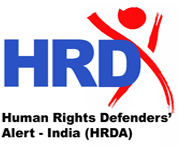


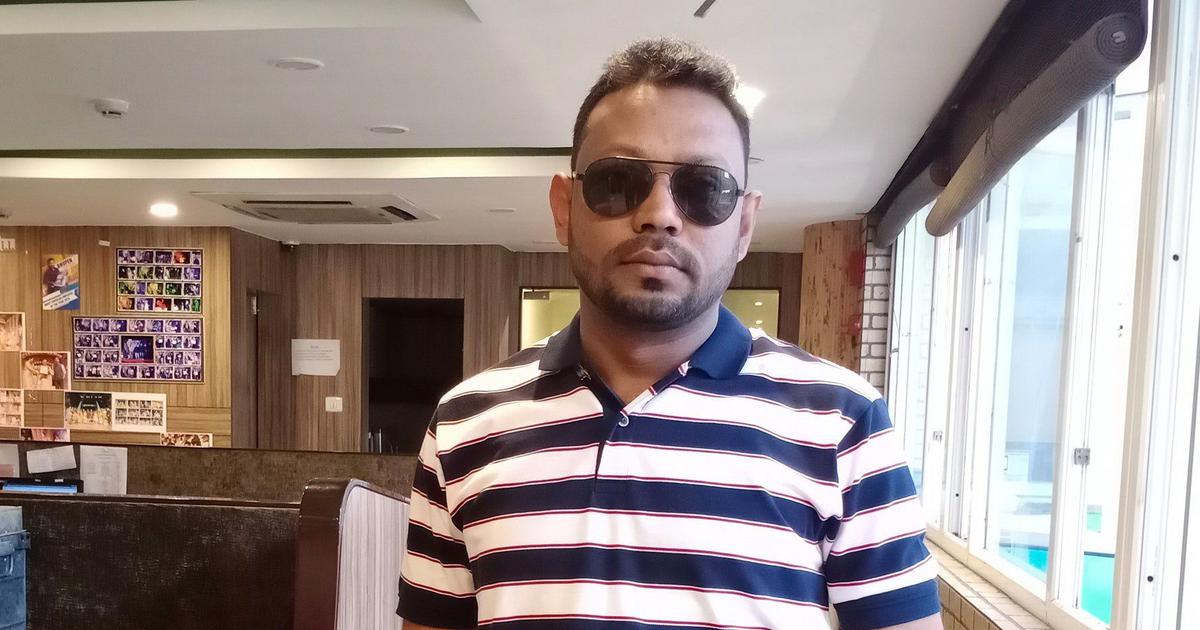
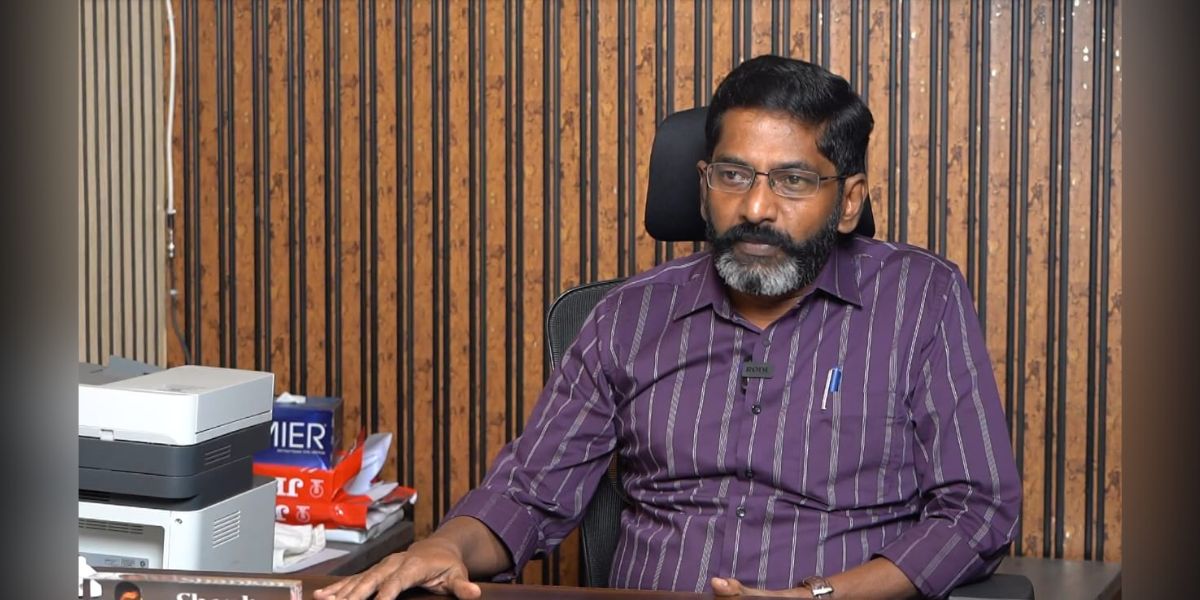

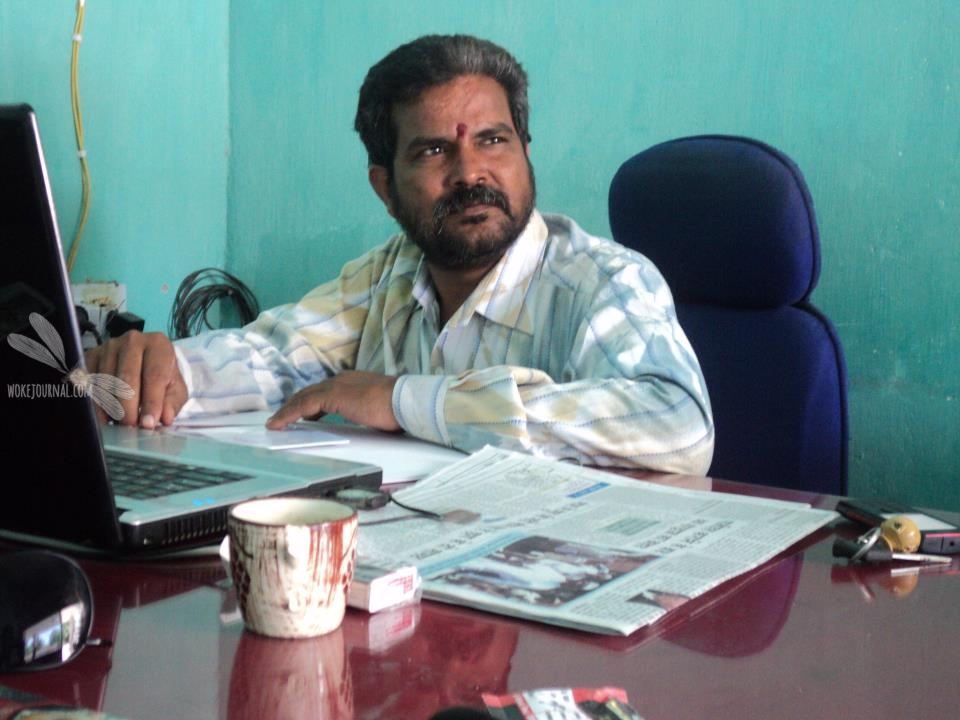
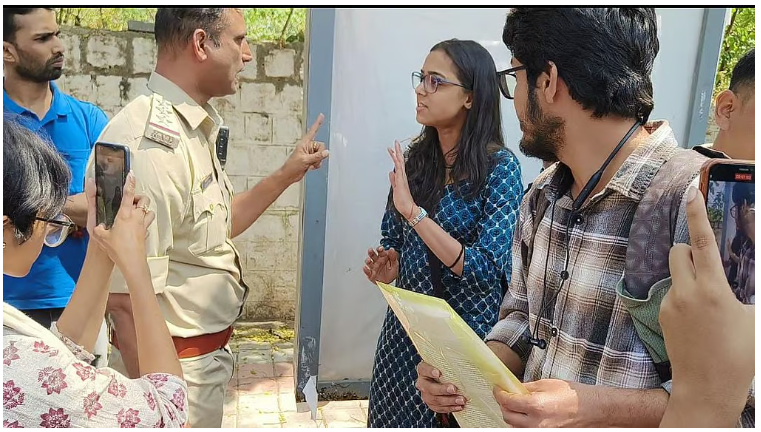

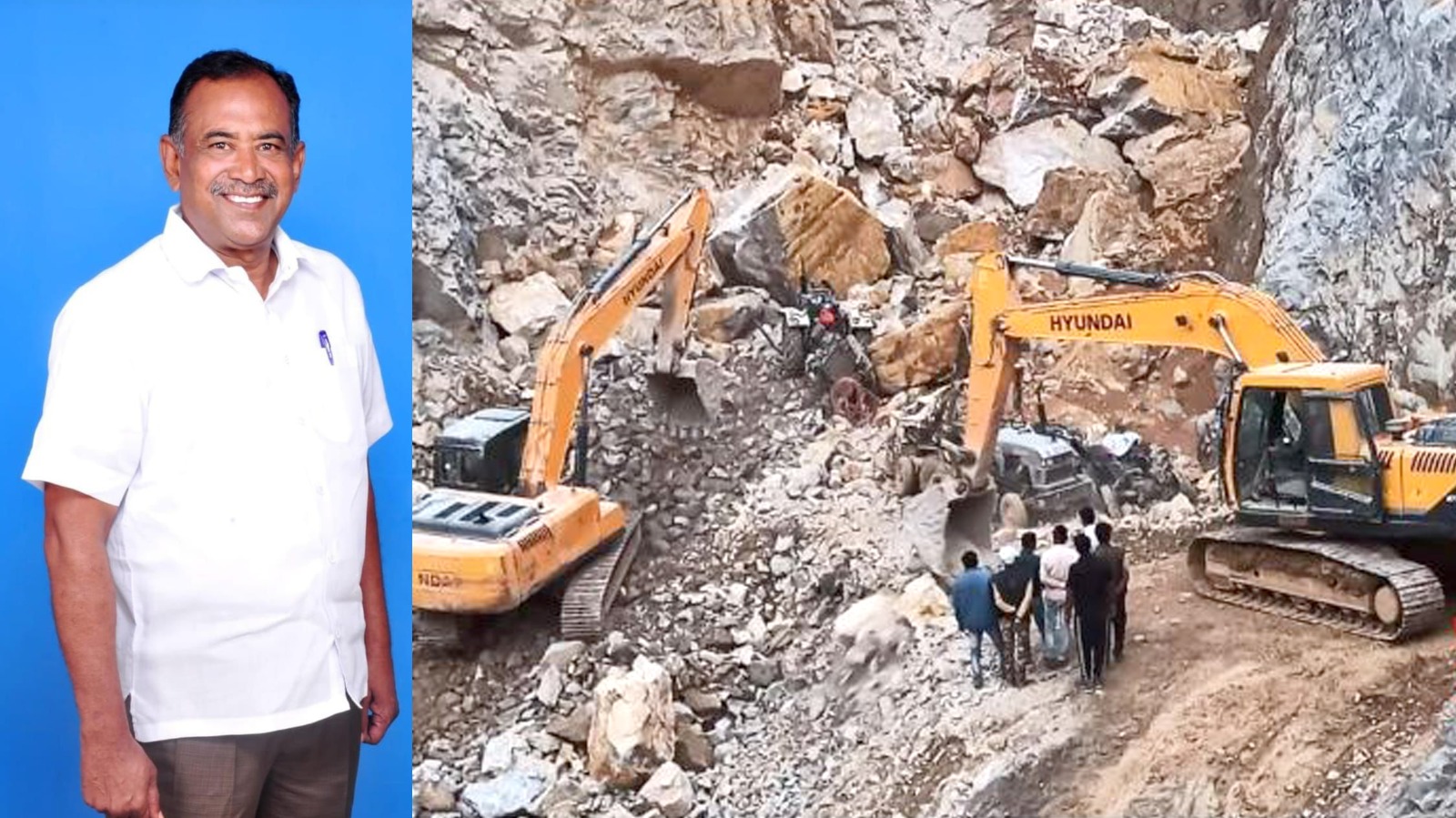
Add Comment